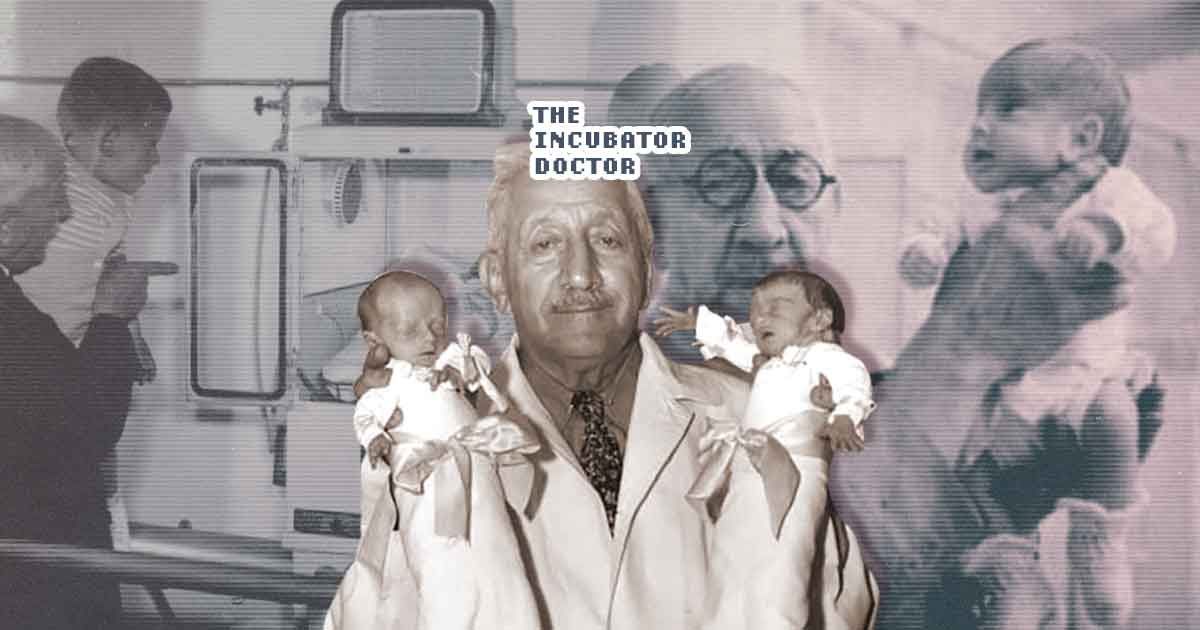Early in the 20th Century, Coney Island in New York was known to house a number of interesting attractions. Many may know about odd individuals like Lionel the Lion-Faced Man, or Violetta, the Limbless Woman . Others will also remember the spectacle that was the Igorrote tribespeople, who were fenced and shown off like zoo animals.
But there was another bizarre show on the road — the exhibition of premature babies.
For context, 1900s-era Americans were not so kind to premature babies. They were considered weak and unfit for survival.. Doctors at the time did not know how to care for them, so when one was born, they often did nothing to save their lives.
This went on until Martin A. Couney, an unlicensed doctor dubbed the “Incubator Doctor,” found a way to give them a fighting chance.
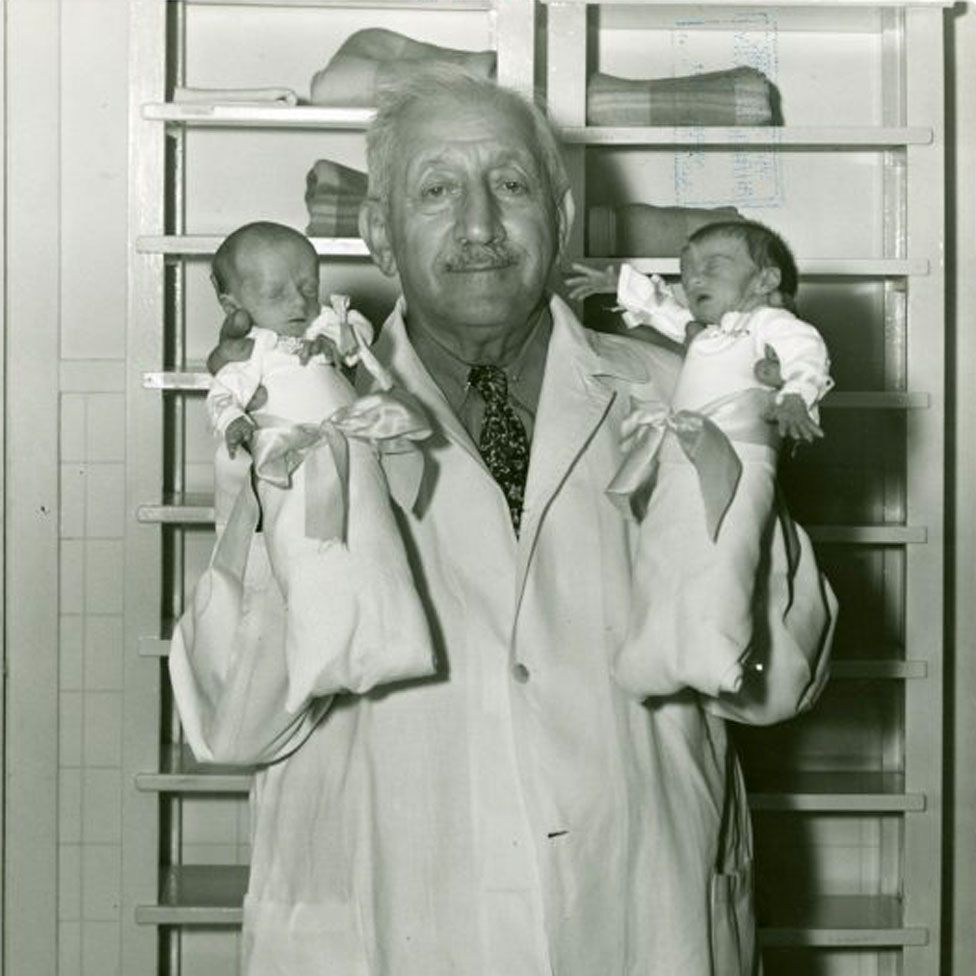
Photo from New York Public Library
Couney established the “Infantorium” at Coney Island, which was an exhibit where premature babies could be viewed through glass incubators. Visitors would pay an entrance fee of 25 cents (P12) to watch the tiny infants be cared for by onsite nurses and physicians.
At the time, incubators were fairly new technology that weren’t widely used. But Couney demonstrated that they could actually be life-saving devices when it came to premature babies. The incubators were about 5ft tall each and were made of steel and glass. Special air filter systems carried out by water boilers and wool soaked in antiseptic ensured that babies encased in the glass always received fresh, clean air.
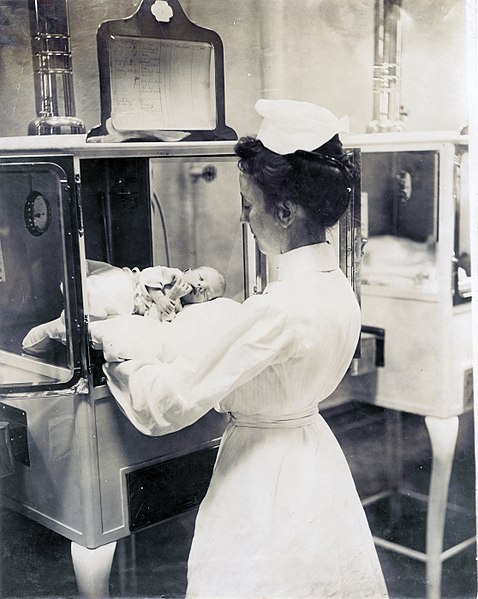
Photo from Wikimedia Commons
Couney was also strict with cleanliness of the exhibit, making sure the area was always scrubbed clean. Wet nurses were forbidden from smoking, drinking, or eating unhealthy foods so that their breast milk was untainted.
The infants’ care was not cheap; it cost about $15 a day (about $405 today or P20,550) to care for each baby. Couney never charged the parents and instead made sure to pay his staff a good wage.
Despite the criticisms from pediatricians and other doctors, who accused Couney of making a profit from the premature infants and exploiting them, parents of the children expressed gratitude for the second chance given to their babies.
In the 50 years he spent with the premature infants, Couney claimed to have taken in around 8,000 babies and saved 6,500 of them. There aren’t official records of these numbers, but the lives of the once at-risk babies speak for themselves.
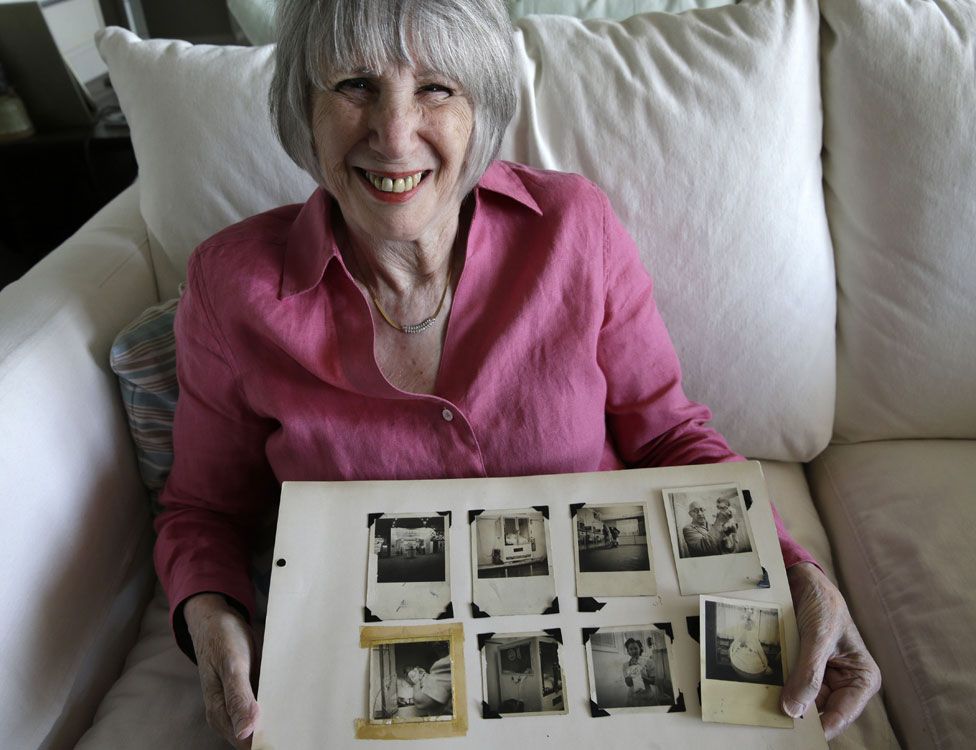
Photo from AFP
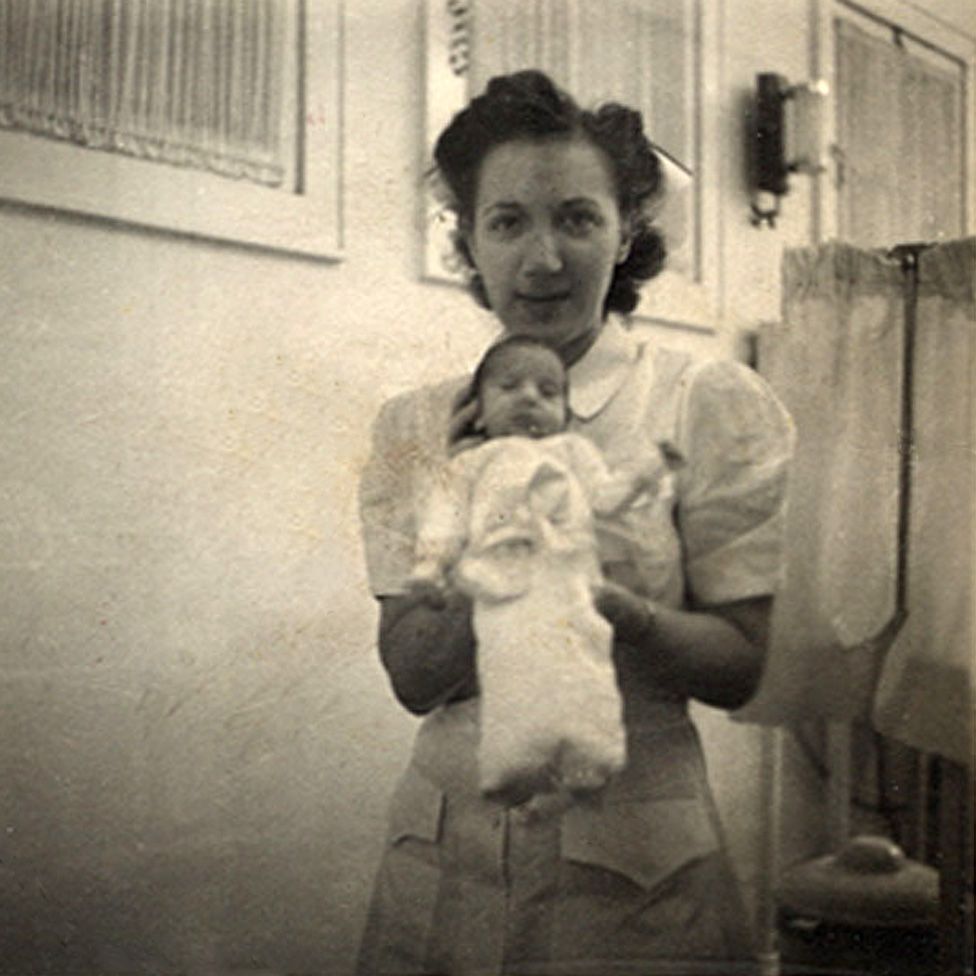
Photo from AFP
Because of Couney’s efforts, incubators were put on the map as standard machines for neonatal care. Hospitals would later go on to establish medical facilities specifically catered towards premature babies.
And, as for the premature babies, they regard Couney as a hero.
“Nobody else was offering to do anything to save me,” Beth Allen said. She was born three months premature in Brooklyn in 1941. “Without Martin Couney I wouldn’t have had a life.”
Art Daniella Sison
